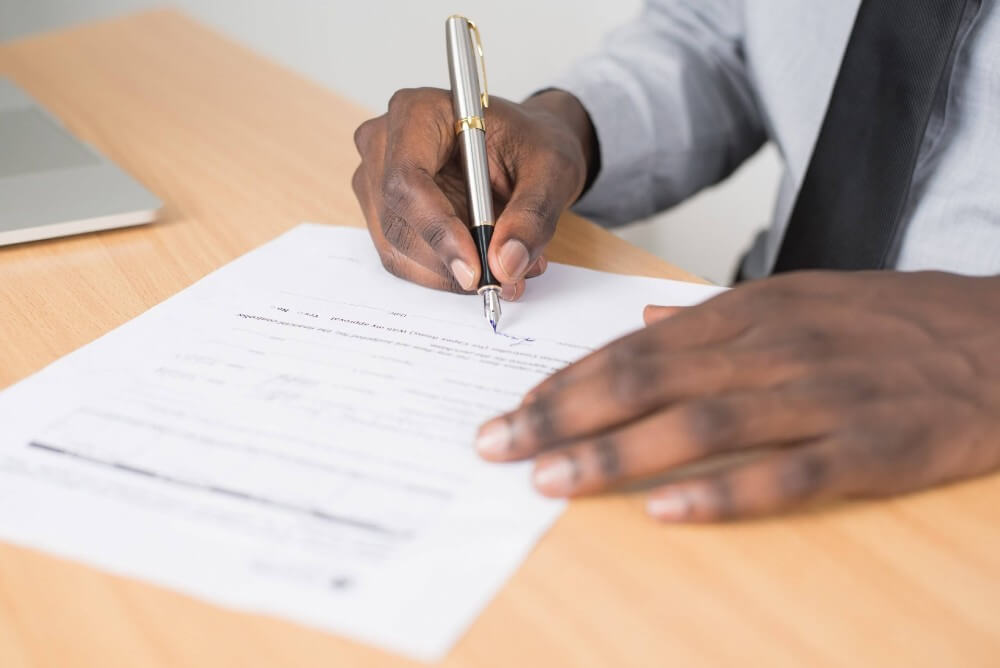What is the purpose of creating a Trust?
A Trust is a way of holding assets (a house or money/investments) for the benefit of particular people, but without giving it to them absolutely.
Ruth Appleton, Chartered Legal Executive in WSP Solicitors Wills, Trusts and Probate Department discusses what trusts are and the benefits they can provide.
The assets in a Trust are held by Trustees. Trusts have to be created by a legal document, either a Deed or a Will. This document sets out the terms of the Trust and who the Trustees are.
The terms of the Trust are set by the person creating it. A Trust must have named Trustees, specified assets contained within it, and people, classes of people or Charities named as beneficiaries, who will or can receive the assets.
Trusts can provide for a particular person for a specified period (such as their life), to someone for a specific period and then to other beneficiaries absolutely, or even to a class of beneficiaries such as grandchildren. Either the assets are held for specific people or classes of people, or to be distributed by your Trustees at their discretion, usually with guidance that you provide.
Trustees have legal obligations to safeguard assets for the beneficiaries of the Trust, either those with an immediate or future interest and to balance those interest. They may also need to make decisions about the distribution and winding up of the Trust. WSP can advise Trustees on the setting up and running of Trusts based on your particular circumstances.
The Executors of a Will are also Trustees during the administration of an Estate, responsible for the Estate funds until they are distributed. Sometimes Wills provide for Trusts to continue after the estate is administered.
Who are the Trustees?
When making a Will or creating a Trust you choose who the Trustees will be. They can be professionals but will more often be members of your family. They must be adults and you should choose them carefully to make sure they can handle any responsibility or decision making. How much they need to do will depend on the type of Trust
You can have only one Trustee but if there is likely to be a house or land in the Trust, or children as beneficiaries, you must have two. The maximum number who can act is four.
Why would I need a Trust?
Most commonly Trusts are created by Will. By law an under 18 year old cannot receive an inheritance and it is usually held in Trust for them until they are old enough. These Trusts are created by default.
The most usual situations WSP advise on in relation to Will Trusts are providing for vulnerable beneficiaries or for a spouse where there are children from previous relationships or as some protection against residential care fees.
In some cases, Trusts may be useful as part of Inheritance Tax planning. Historically this was done more often because new allowances, such as the transfer of nil-rate bands between spouses and the residence nil-rate band have been introduced. For some people with significant assets Trusts may still be useful in these situations.
If you made a Will prior to 2007 which contained a nil-rate band discretionary Trust we would recommend that you review it with us to ensure that such an arrangement is still the best option for you.
What are the benefits of a Trust?
You can decide who should get assets and when. For example, you can provide for your spouse to continue to live in the matrimonial home for the remainder of their life to give them security, but ensure that the proceeds of sale will eventually pass to your children.
You can also hold funds for a vulnerable beneficiary such as an adult child who does not have capacity to manage their own finances. The money is held to be used for ‘extras’ for them such as holidays or hobbies, but the capital value is not theirs for assessment for means tested benefits.
It might also be wise to use a Trust in your Will if you make it at a time when one of your beneficiaries is getting divorced or is a bankrupt.
Use of a Discretionary Trust in your Will, where your Trustees will decide the eventual distribution can be an advantage if you have complex affairs and cannot easily plan for the future and how your estate should best be distributed.
Lifetime Trusts may be of use in Inheritance Tax planning but there may be tax consequences on creation and you should take proper advice on your circumstances.
Personal Injury Trusts are allowed under benefit legislation to protect your own personal injury settlement so that capital awarded does not need to be used to pay for your day-to-day living expenses.
How can WSP Solicitors help you with your Will or Trust?
We will discuss your personal needs and advise on your options including where a Trust might be appropriate.
We can advise Executors and Trustees on their roles and responsibilities, either on a one off or ongoing basis and assist them in complying with their legal obligations.
We can deal with the administration and compliance aspects of Trusts where the Trustees instruct us to do so.
We can prepare Trust Deeds and documents as required. Most distributions from Trusts must be made formally by Deed. We can also advise on the appointment and retirement of Trustees.
You can contact our specialist Wills, Trusts and Probate Team directly here, or by using the form found on this page. Alternatively you can call us on 01453 847200.



